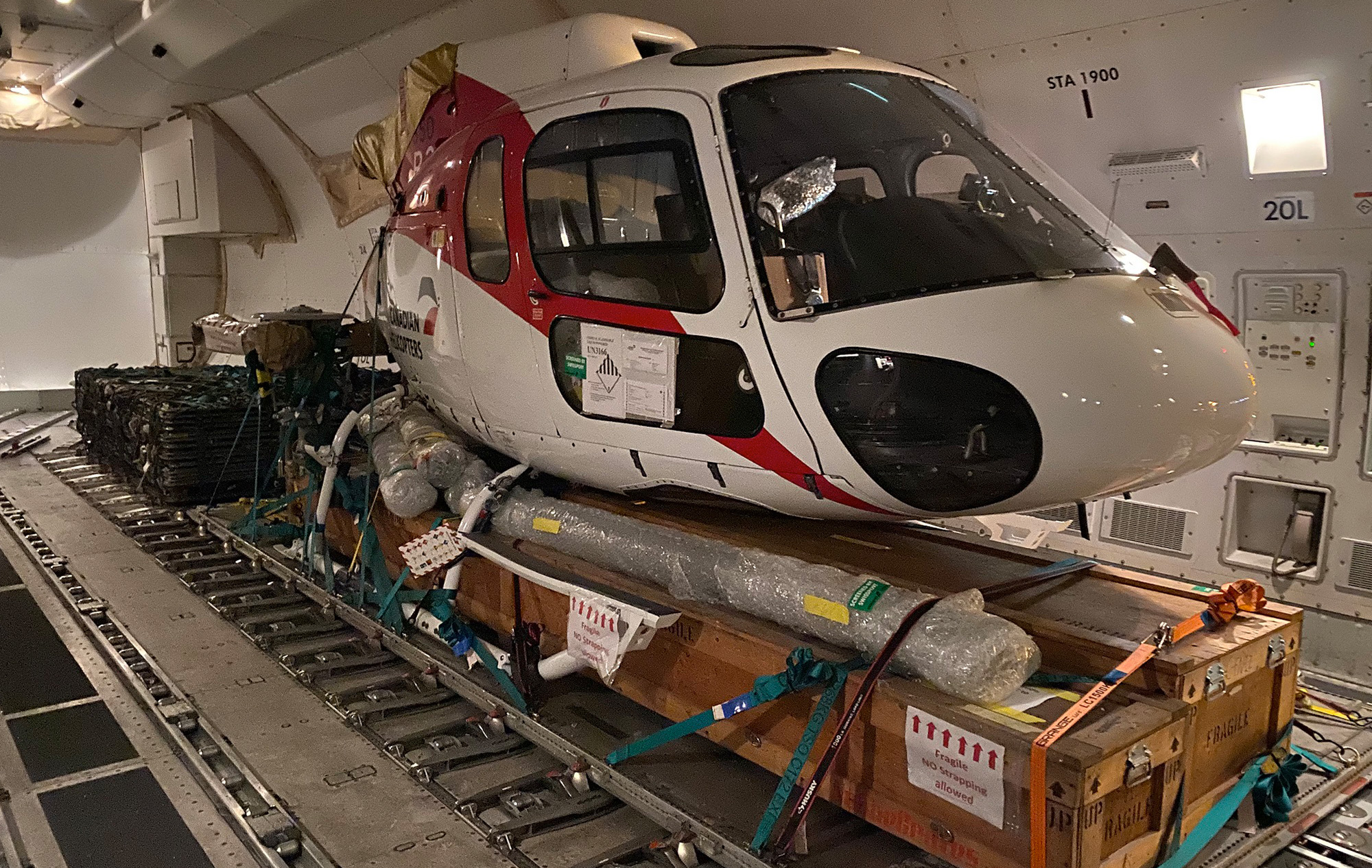In the globalized world of trade and commerce, the choice between sea freight and air freight plays a pivotal role in determining the efficiency and cost-effectiveness of logistics operations. While both modes of transportation have their merits, this article aims to shed light on the advantages of sea freight over air freight. By delving into various aspects such as cost, capacity, environmental impact, and flexibility, we will uncover why sea freight emerges as the preferred choice for many businesses.
- Cost-effectiveness:
Sea freight offers a significant cost advantage over air freight, especially when it comes to shipping large volumes or bulky goods. Due to the economies of scale, shipping by sea is generally more affordable, making it an attractive option for businesses looking to optimize their transportation expenses. Additionally, sea freight often incurs lower fuel costs and fewer surcharges compared to air freight, contributing to overall cost savings. - Capacity and Flexibility:
Sea freight surpasses air freight in terms of capacity and flexibility. Ocean vessels have a much larger cargo capacity, allowing for the transportation of substantial quantities of goods in a single shipment. This advantage is particularly beneficial for businesses involved in bulk trade or those requiring the movement of heavy machinery or oversized cargo. Moreover, sea freight offers more flexible scheduling options, with regular departures and a wider range of routes, ensuring greater convenience and adaptability for businesses. - Environmental Considerations:
In an era where sustainability is gaining increasing importance, sea freight presents a more environmentally friendly alternative to air freight. While air freight is known for its speed, it also generates significantly higher carbon emissions per unit of cargo compared to sea freight. By opting for sea freight, businesses can reduce their carbon footprint and contribute to a greener supply chain. This aligns with the growing consumer demand for eco-conscious practices, enhancing a company's reputation and market competitiveness. - Reliability and Safety:
Contrary to common misconceptions, sea freight offers a high level of reliability and safety. With advancements in technology and improved vessel tracking systems, the risk of cargo loss or damage during transit has significantly decreased. Additionally, sea freight is less susceptible to weather-related disruptions compared to air freight, which can be heavily impacted by adverse weather conditions. By choosing sea freight, businesses can ensure a more secure and predictable transportation process, minimizing the potential for delays or losses.
Conclusion:
In the realm of international trade, the decision between sea freight and air freight holds immense significance. While air freight may excel in terms of speed, sea freight emerges as the preferred choice for businesses seeking cost-effectiveness, capacity, flexibility, environmental sustainability, and reliability. By harnessing the advantages of sea freight, businesses can optimize their supply chain operations, reduce costs, and contribute to a greener future. So, why choose sea freight over air freight? The answer lies in its ability to navigate the vast oceans, unlocking a world of possibilities for businesses worldwide.
